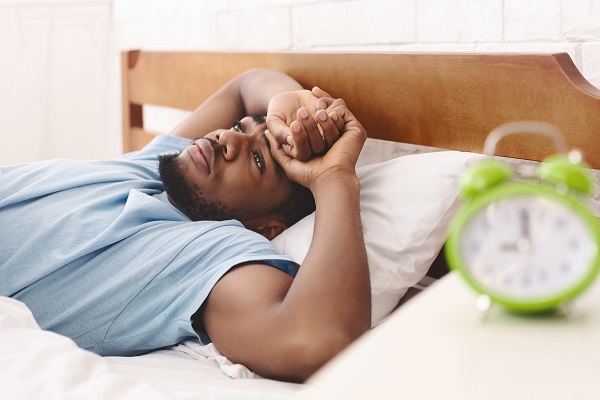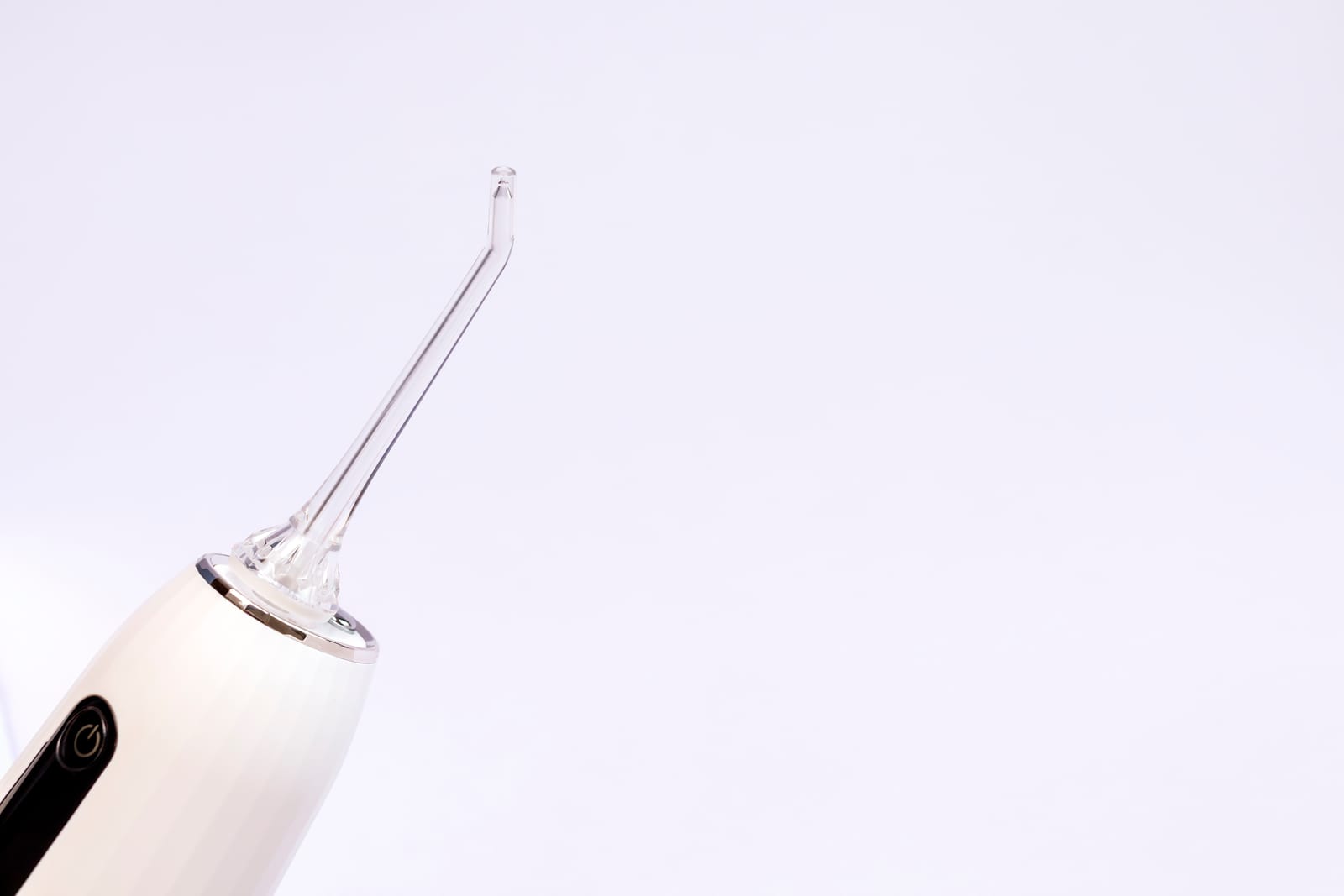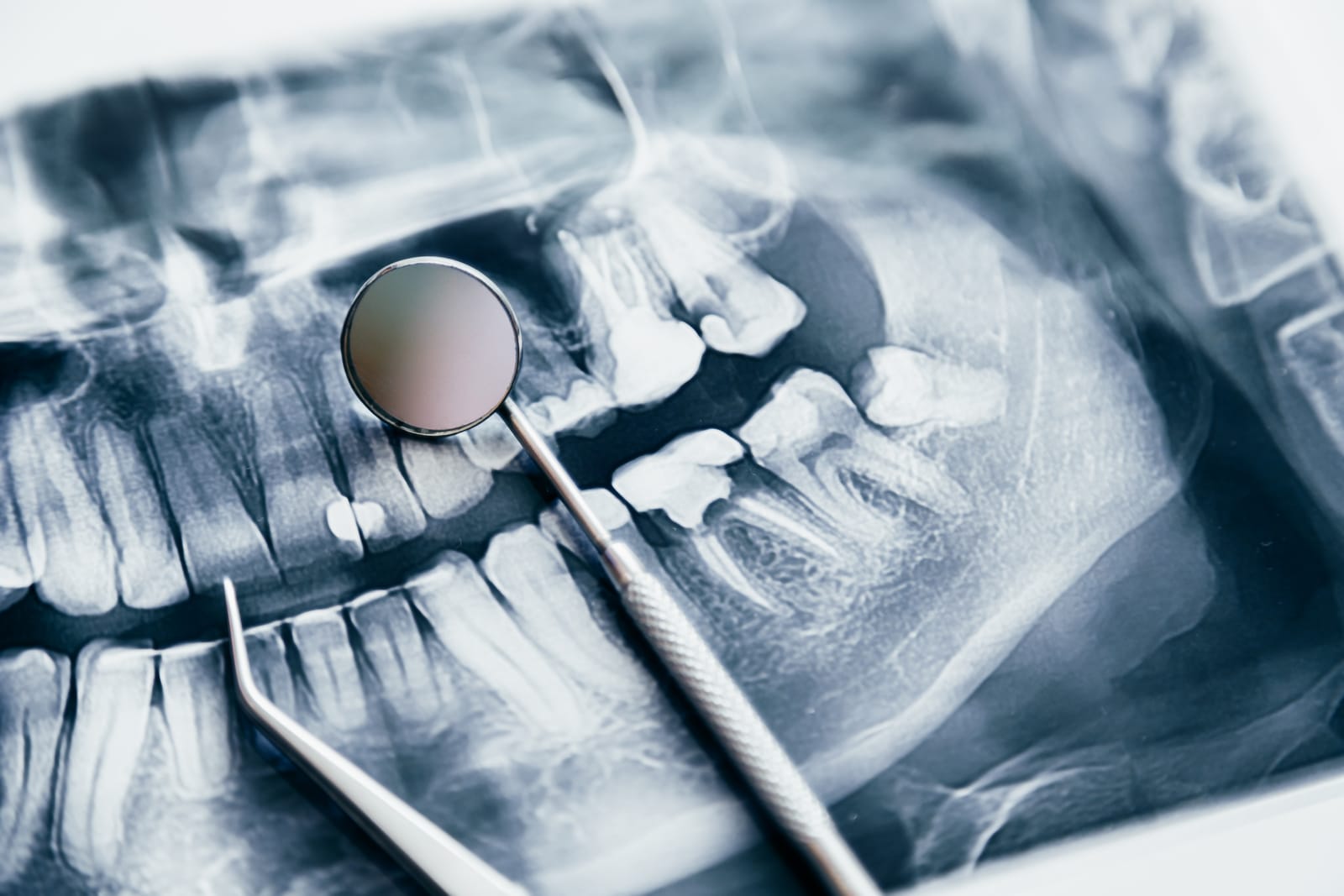Are There Different Types of Sleep Apnea?
-
 Sleep apnea is a condition that affects approximately 30 million individuals in the United States (about 12% of the population), according to the American Academy of Sleep Medicine. If you are constantly tired and drowsy during the day despite getting at least seven hours of sleep, you should be evaluated for sleep apnea.
Despite its prevalence, the disease often remains undetected. Since most of the typical signs of sleep apnea, including snoring, breathing pauses, and gasping for air, occur while sleeping, many people may be unaware that they have symptoms and go misdiagnosed and untreated.
Sleep apnea is a condition that affects approximately 30 million individuals in the United States (about 12% of the population), according to the American Academy of Sleep Medicine. If you are constantly tired and drowsy during the day despite getting at least seven hours of sleep, you should be evaluated for sleep apnea.
Despite its prevalence, the disease often remains undetected. Since most of the typical signs of sleep apnea, including snoring, breathing pauses, and gasping for air, occur while sleeping, many people may be unaware that they have symptoms and go misdiagnosed and untreated.
Understanding the different types of sleep apnea
- Many of the characteristic symptoms of sleep apnea are the same with each type, but the cause differs. People with sleep apnea have periodic pauses in breathing, with each episode lasting for about 10 seconds or more. The breath stoppage leads them to partly wake up several times during the night as they try to resume breathing. These partial arousals from sleep may occur hundreds of times each night in someone with severe sleep apnea.
Because these awakenings are usually short, the individual with sleep apnea may be completely unaware that their sleep is disrupted. However, the episodes may disrupt the sleep cycle and prevent the sufferer from sleeping deeply and restfully. Therefore, despite receiving a full night’s sleep, individuals with sleep apnea may feel very tired and exhausted the following day.
Obstructive sleep apnea
- Obstructive sleep apnea, often known as OSA, is the most prevalent form of sleep apnea. According to the American Academy of Sleep Medicine, OSA occurs when the muscles at the back of the throat, which normally relax during sleep, collapse too much to enable regular breathing.
The soft tissues located behind the throat, such as the soft palate, uvula, tonsils, and tongue, are supported by the throat muscles, so when those muscles collapse too far, those tissues may slide back into the throat partly or obstruct normal air passage in the airway. When the airway is partially obstructed, a person may begin to snore, a frequent OSA symptom, although not everyone who snores has sleep apnea.
When the brain detects oxygen deficiency, it sends a wake-up signal to the body, just long enough to reopen the airway, which may cause the person to gasp for breath throughout the night.
Central sleep apnea
- Central sleep apnea is not as prevalent as obstructive sleep apnea. Diagnosis and treatment are also difficult. Central sleep apnea occurs when the brain does not transmit the appropriate signals to the muscles that regulate breathing, unlike obstructive sleep apnea, which is caused by a mechanical issue that clogs the airway. A neurological problem causes central sleep apnea.
Although central and obstructive sleep apneas have many similar symptoms, including pauses in breathing, frequent awakenings during the night, and extreme daytime sleepiness, central sleep apnea frequently affects people who have underlying illnesses, such as a brain infection or other brainstem conditions.
Do you suffer from sleep apnea?
- If your dentist or doctor suspects sleep apnea, they may recommend a sleep study to diagnose it properly. Immediate treatment is generally recommended to prevent complications.
Request an appointment here: https://www.stgeorgedentalcare.com or call St. George Dental Care at (435) 628-9099 for an appointment in our St George office.
Check out what others are saying about our dental services on Yelp:
Do I Have Sleep Apnea in St George, UT.
Recent Posts
A continuous positive airway pressure (CPAP) machine is one of the most common ways of treating sleep apnea. However, for some patients, this is not an option. Perhaps you do not like the idea of a noisy machine running all night. Or perhaps the feeling of the machine bothers you during the night. Whatever your…
If your doctor suspects you could be suffering from sleep apnea, one of the first things that may be prescribed is a sleep apnea test. It is natural to feel nervous about any medical examination, and the sleep apnea test is no exception. However, there is nothing to worry about. This short guide will go…
Sleep apnea, as defined by the National Heart, Lung, and Blood Institute, is your airway gets blocked while you sleep, causing you to stop breathing for a few seconds. One of the most common treatments for mild-to-moderate sleep apnea is a dental device, such as a mandibular advancement device (MAD). These look like regular mouth…
You do not need to struggle with sleep apnea. Call us to schedule an appointment for treatment.An obvious sign of sleep apnea is snoring loud enough to wake others up or having brief periods of breathing cessation while asleep. Fortunately, we have a treatment for sleep apnea that is easy to use and effective.Do I…


